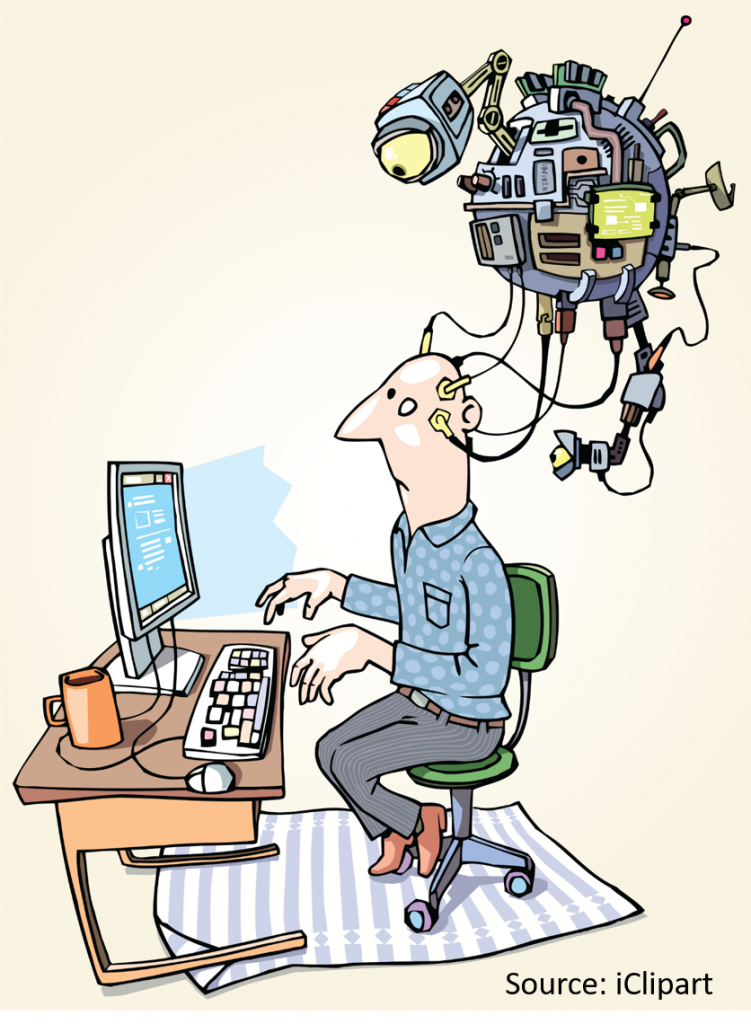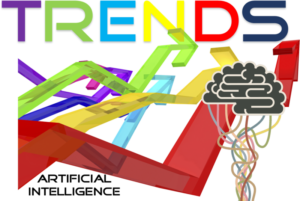Most discussions about the field of artificial intelligence (AI) focus on one area — machine learning. Machine learning, however, has its limitations. It generally falls in the category of weak AI. Historically, pundits have only talked about two types of AI: weak and strong. As I view the field, I currently see three types of AI being developed. They are:
- Weak AI: Wikipedia states: “Weak artificial intelligence (weak AI), also known as narrow AI, is artificial intelligence that is focused on one narrow task.” In other words, weak AI was developed to handle/manage a small and specific data set to answer a single question. Its perspective is singular, resulting in tunnel vision.
- Strong (aka General) AI: The AGI Society notes the ultimate goal of artificial general intelligence is to develop “thinking machines” (i.e., “general-purpose systems with intelligence comparable to that of the human mind”).
- Cognitive Computing: Cognitive Computing lies between weak and strong AI. It operates on large and varied data sets to perform complex tasks or to answer a multitude of questions in a variety of categories. Cognitive computing systems can deal with ambiguities whereas weak AI cannot.
Some pundits differentiate AGI and cognitive computing by noting the goal of AGI is to develop machines that think on their own whereas the goal of cognitive computing is to augment human decision-making.
What is cognitive computing?
The term “cognitive computing” was coined by IBM to describe its Watson computing system. Former IBM CEO, Ginni Rometty (@GinniRometty), explained the difference between the terms “AI” and “cognitive computing” begins with intent. She stated, “[When IBM coined the term cognitive computing] the idea was to help you and I make better decisions amid cognitive overload. That’s what has always led us to cognitive. If I considered the initials AI, I would have preferred augmented intelligence. It’s the idea that each of us are going to need help on all important decisions.”[1]
As President and CEO of a cognitive computing company, I’m well aware of the technology’s strengths and weaknesses. Cognitive computing platforms, like the Enterra Cognitive Core™, are decision aids that let users ask questions and receive answers in language they understand. Although that sounds a little Wizard of Oz-ish, it’s not. As decision aids, cognitive platforms provide insights to help decision-makers select informed courses of action. Analytics expert Kamalika Some (@KamalikaS) notes, “A cognitive computing system is used in complex situations for ambiguous and uncertain outcomes.”[2] Business leaders often must make critical decisions in ambiguous situations. That’s why analysts from Maruti Techlabs assert, “Cognitive computing has taken the tech industry by storm and has become the new buzzword among entrepreneurs and tech enthusiasts.”[3] Among those tech enthusiasts is Norbert Biedrzycki (@nbiedrzy), Head of Services CEE at Microsoft. He asks, “Will computers ever amaze us again in any way?”[4] His answer: “Some potential for amazement may lie in cognitive computing — a skill-set widely considered to be the most vital manifestation of artificial intelligence.”
Although enthusiasm for cognitive computing is on the rise, there is no commonly accepted definition of cognitive computing. I define it as a combination of semantic intelligence (i.e., machine learning, natural language processing, and ontologies) and computational intelligence (i.e., advanced analytics). Businesses, of course, are looking for results not definitions. Biedrzycki insists cognitive computing can deliver. He writes, “Cognitive computing emulates human thinking. It augments the devices that use it while empowering the users themselves. Cognitive machines can actively understand such language and respond to information extracted from natural language interactions. They can also recognize objects, including human faces. Their sophistication is unmatched by any product ever made in the history of mankind.” Maruti Techlabs analysts add, “Based on the basic premise of stimulating the human thought process, the applications and advantages of cognitive computing are a step beyond the conventional AI systems.”
Cognitive computing and business
The staff at Ohio University prepared the following infographic showing how cognitive computing is changing the business landscape.
As the infographic makes clear, cognitive technologies have a wide range of applications in almost every economic sector. Biedrzycki writes, “Some people go as far as to claim that cognitive computing will begin the third age of IT. Early in the 20th century, computers were seen as mere counting machines. Starting in the 1950s, they began to rely on huge databases. In the 21st century, computers learned to see, hear and think. Since human thinking is a complex process whose results are often unpredictable, perhaps we could presume that a cognitive union of man and machine will soon lead to developments that are now difficult to foresee.”
Concluding thoughts
Maruti Techlabs analysts conclude, “Despite all the challenges and hurdles, the benefits of cognitive technology cannot be overlooked. It will be in favor of all the organizations and humanity, at large, to start the transition process and adopt innovative technology for a bright and much more efficient future. Cognitive technology is sure to revolutionize multiple industry segments in the years to come.” In fact, a growing number of analysts believe the adoption of cognitive technologies is becoming essential for business survival. Thomas H. Davenport (@tdav), a distinguished professor at Babson College, and Deloitte LLP managing directors Jeff Loucks and David Schatsky, conclude, “Companies cannot afford to bide their time while competitors potentially move forward with the technologies. … Now is the time for organizations to define AI-powered business use cases and outcomes that can deliver measurable ROI.”[5]
Footnotes
[1] Megan Murphy, “Ginni Rometty on the End of Programming,” Bloomberg BusinessWeek, 20 September 2017.
[2] Kamalika Some, “Leveraging Cognitive Computing for Business Gains,” Analytics Insight, 19 September 2018.
[3] Staff, “What are the use cases and advantages of Cognitive Computing?” Maruti Techlabs, 2020.
[4] Norbert Biedrzycki, “Cognitive computing – a skill-set widely considered to be the most vital manifestation of artificial intelligence.” Data Driven Investor, 19 February 2020.
[5] Thomas H. Davenport, Jeff Loucks, and David Schatsky, “Early Adopters Bullish on Business Value of Cognitive,” The Wall Street Journal, 11 January 2018.






